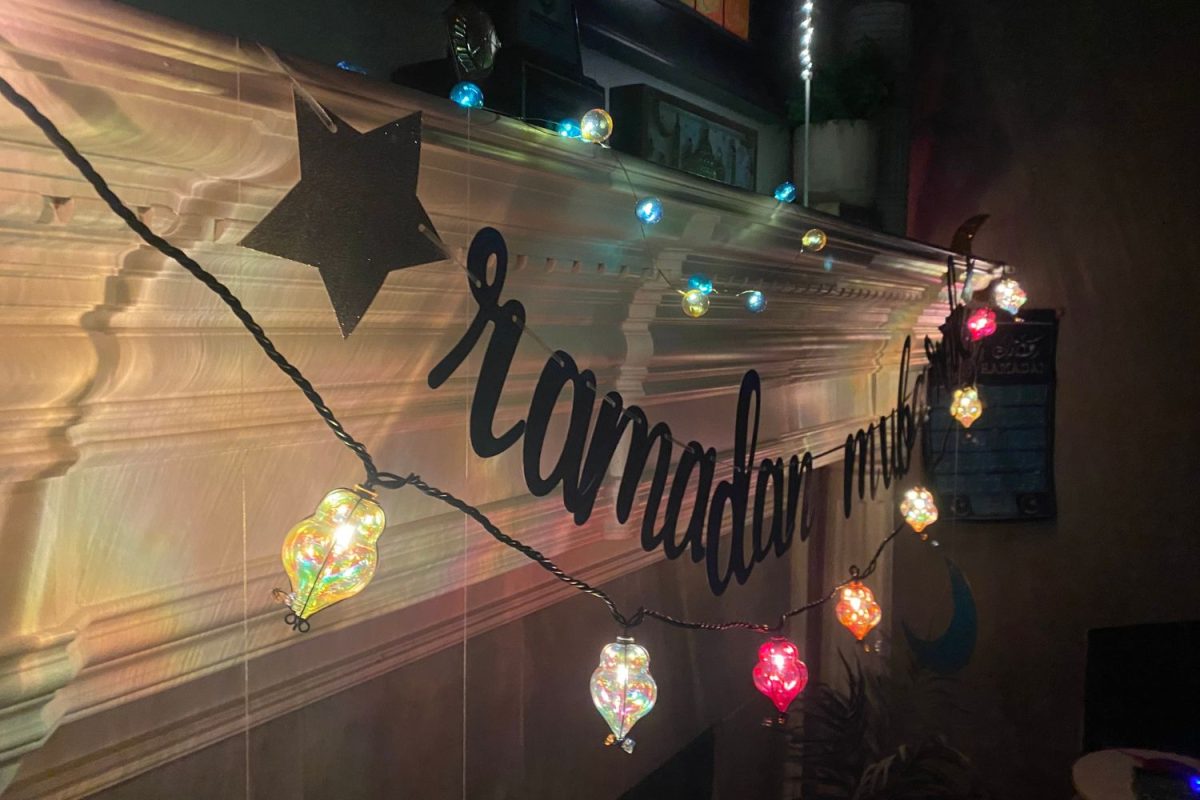Approximately two billion people fast from sunrise to sunset every year, abstaining from eating, drinking, and immoral behavior for 30 days. It’s all part of Ramadan, which falls on the ninth month of the Islamic calendar, observed by Muslims worldwide to fast, pray, and reflect.
Because Ramadan follows the Islamic calendar, it begins 10-12 days earlier each year, something that senior Rida Zaki appreciates this time.
“Previously, we didn’t have spring break during [Ramadan], so I had an opportunity to get used to fasting before going to school,” Zaki said.
During the month, the Muslim community comes together for Ramadan, something that senior Abduraheem Sheikh looks forward to every year.
We spend the most time together. We reflect the most. We practice different Islamic values the most,
— Senior Abdurraheem Sheikh
“Every year, it’s a month that I look forward to, and I know a bunch of my friends and the rest of the Muslim community look forward to it because it is, at least in my opinion, a time when people come together the most,” Sheikh said. “We spend the most time together. We reflect the most. We practice different Islamic values the most. And I think it’s just a very, very special month. [It’s a] heartwarming and genuine experience for everyone who witnesses it.”
Fasting during Ramadan is one of the Five Pillars of Islam, the core rituals of the Islamic faith. It is the most sacred month of the Islamic calendar, marking the first revelation of the Qur’an to the Prophet Muhammad. While fasting from food and water plays a big part in Ramadan, Sheikh emphasizes that Ramadan is more than fasting.
“I think one thing that is underappreciated for everyone, even Muslim people, in Ramadan is that it goes beyond fasting,” Sheikh said. “It’s not just a month where you, like, starve yourself. It’s a lot deeper than that. You become more mindful. You’re not just fasting from food. You’re fasting from lying. You’re fasting from idle talk. You’re fasting from wrong actions.”
According to junior Reeyana Rahman, Ramadan is a time of increased spiritual reflection, devotion, and closeness to God.
“To me, Ramadan is a month of spiritual reflection, self-improvement, and devotion to Allah,” Rahman said. “Fasting during Ramadan is an important act of worship that teaches self-discipline, empathy, and spiritual awareness. It is a time to strengthen family and community ties and to seek forgiveness for one’s sins.”
This year, Rahman has been trying to observe Ramadan more purposefully.
It is a time to strengthen family and community ties and to seek forgiveness for one’s sins,
— Junior Reeyana Rahman
“This Ramadan has been different than other Ramadan’s because this year I have been trying to better understand Islam and why we fast in the first place rather than just fasting with no purpose,” Rahman said.
Sheikh shares this sentiment and is trying to take advantage of his free time to reflect more.
“I think for me, because it’s senior year, I have a lot more free time, at least compared to last year or the year before,” Sheikh said. “So I’m able to spend that time with my family. I’m able to reflect more. I’m able to spend time doing things that I would want to do in the last few years that I wasn’t able to do because I had to study, or I had a test the next day, or just because I cared about school more.”
During the 30 days of the fast, Sheikh takes the time to build good habits.
“Even scientifically, people know that it takes 30 days to make a habit,” Sheikh said. “So, if you live your life how you would like to live it in these 30 days, it can be a lot more spiritual and a lot more reflective than just not eating.”
For those fasting, the fast begins with Suhoor, the pre-fasting meal eaten before sunrise, and ends with Iftar, the meal to break the fast at sunset. Many, such as Sheikh, will spend additional time with family and at the mosque.
“I’ll wake up for Suhoor around six, and then by 6:30 [a.m.], when the sun comes up, you’re not allowed to eat anymore,” Sheikh said. “Then the day starts: get ready for school, head to school, and get home at around five. And then, I break my fast around 7:30 or 7:45 [p.m.]. After that, I spend time with my family, and then I typically go to the mosque for night prayers.”
In addition to getting closer to God, Sheikh takes the time to get closer to others celebrating Ramadan.
Eid is a really special day that marks the end of Ramadan. For me and my family, we go to my grandparents’ house for brunch, go to the mosque, and open gifts together,
— Senior Rida Zaki
“I mean, there’s definitely a social aspect to it,” Sheikh said. “So I see my friends who I don’t spend much time with at the mosque doing prayers, or hanging out, or late nights, just grabbing food, hanging out, and talking because we are awake a lot more during the night this month.”
At the end of the month, the fast will end with Eid al-Fitr, which commemorates the end of Ramadan and acts as a time of joy and community.
“Eid is a really special day that marks the end of Ramadan,” Zaki said. “For me and my family, we go to my grandparents’s house for brunch, go to the mosque, and open gifts together.”
This story was originally published on Wingspan on March 20, 2024.

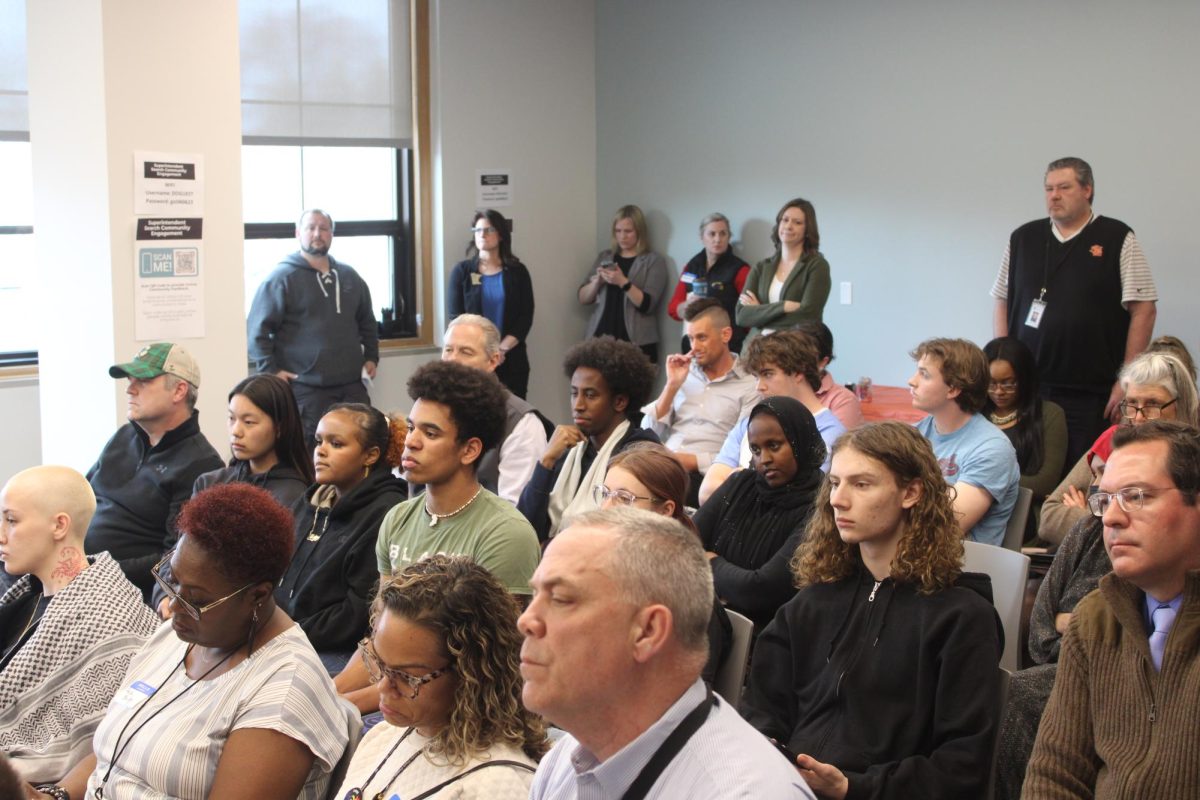
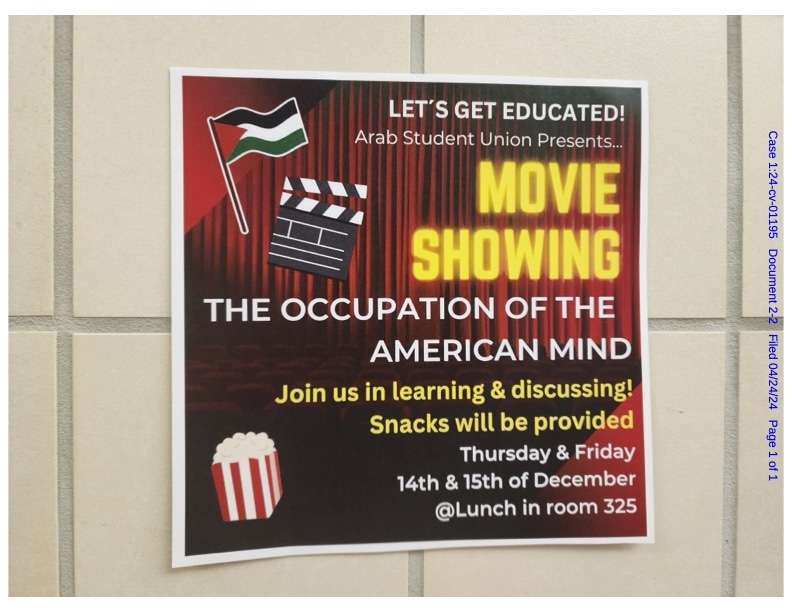
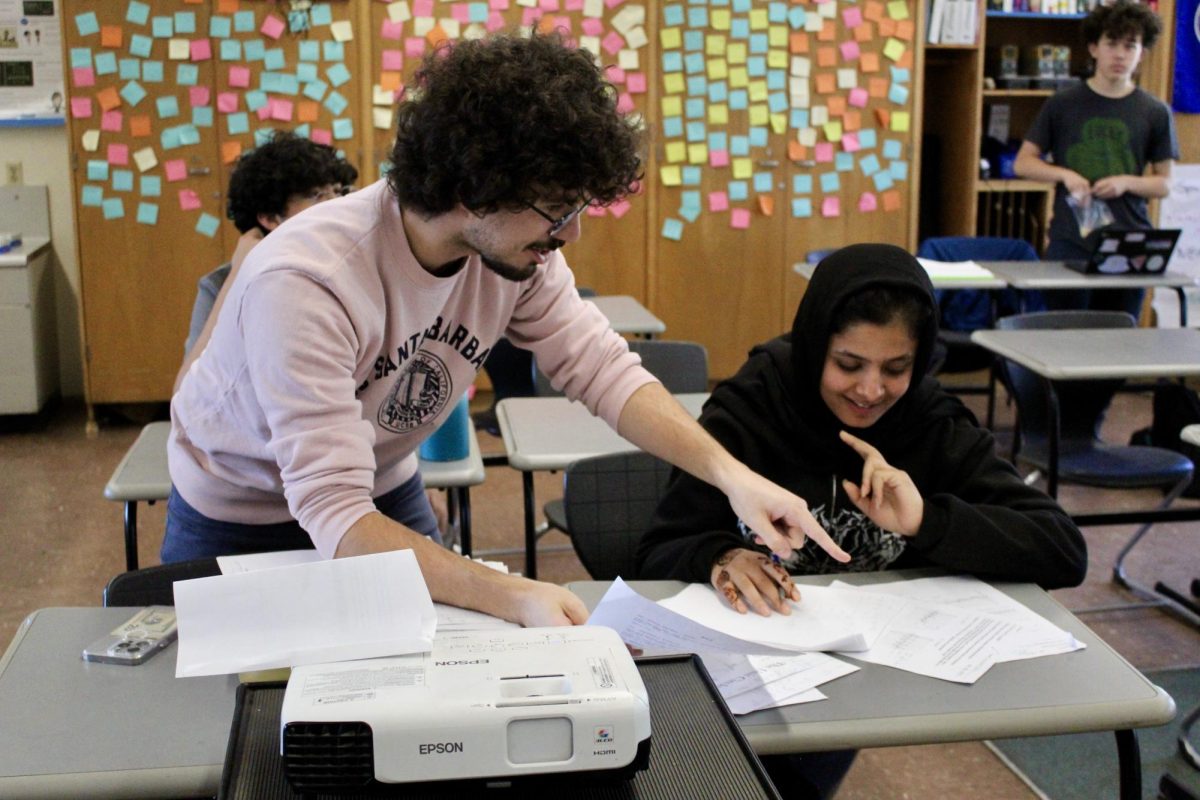
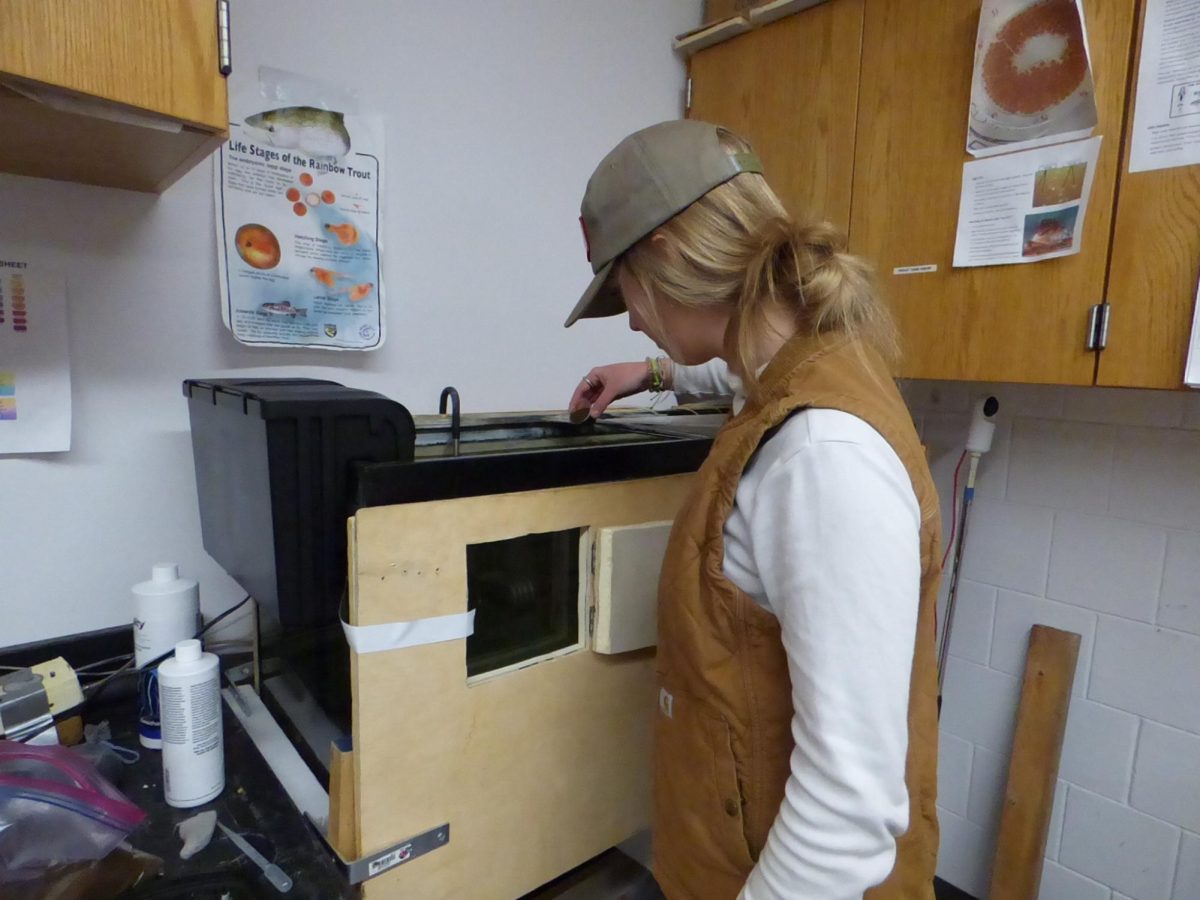
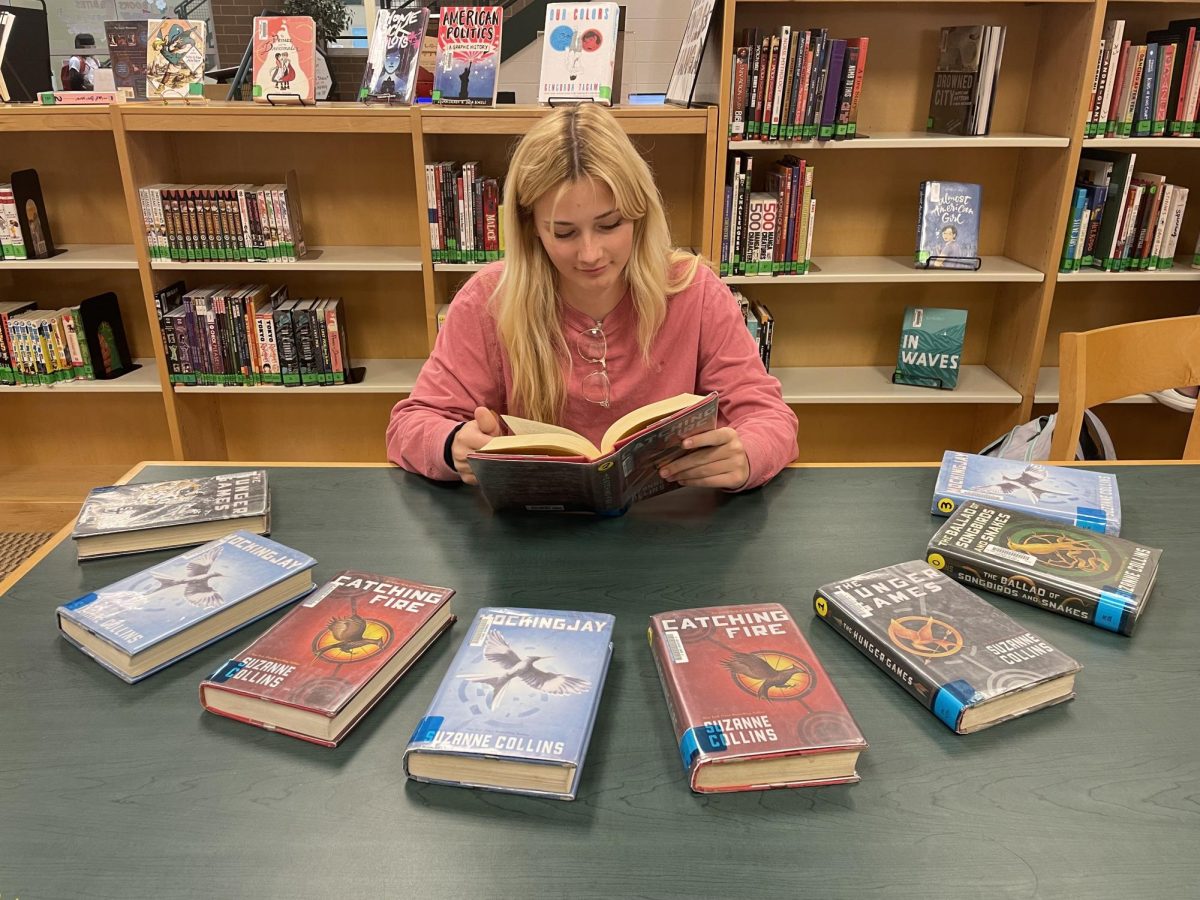


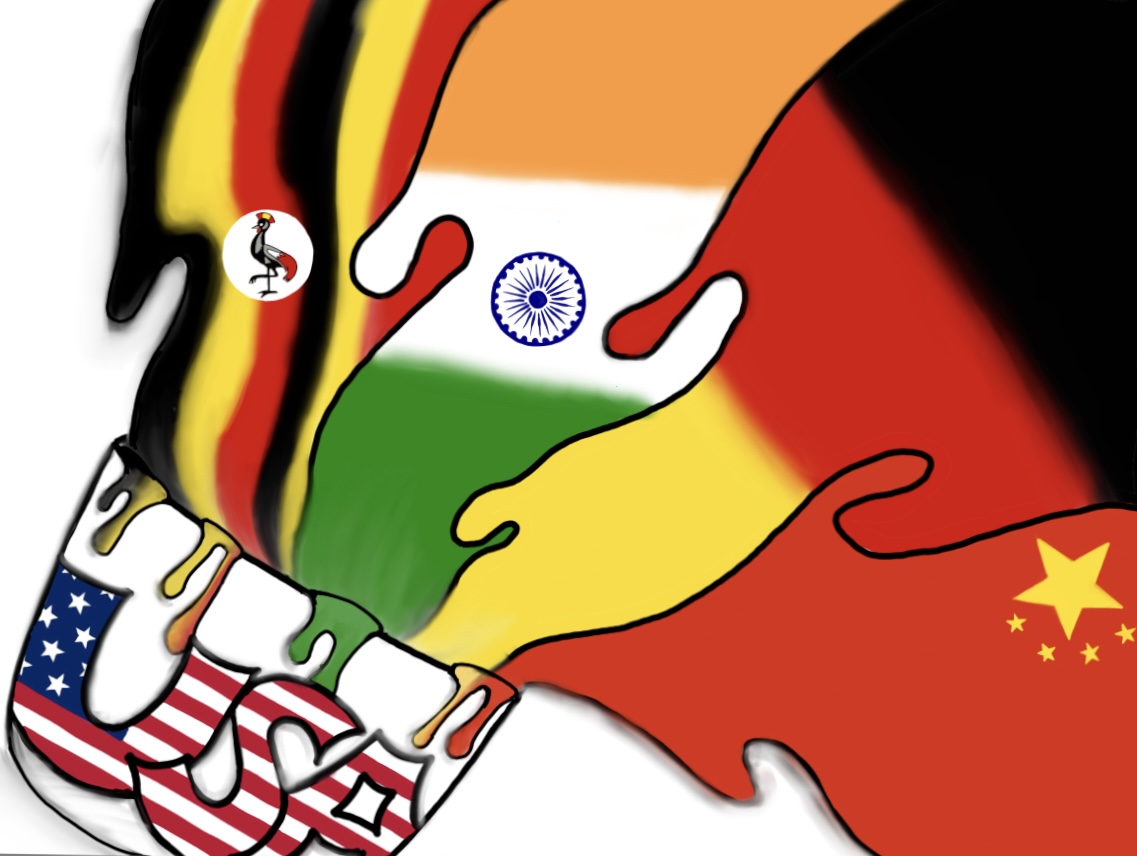


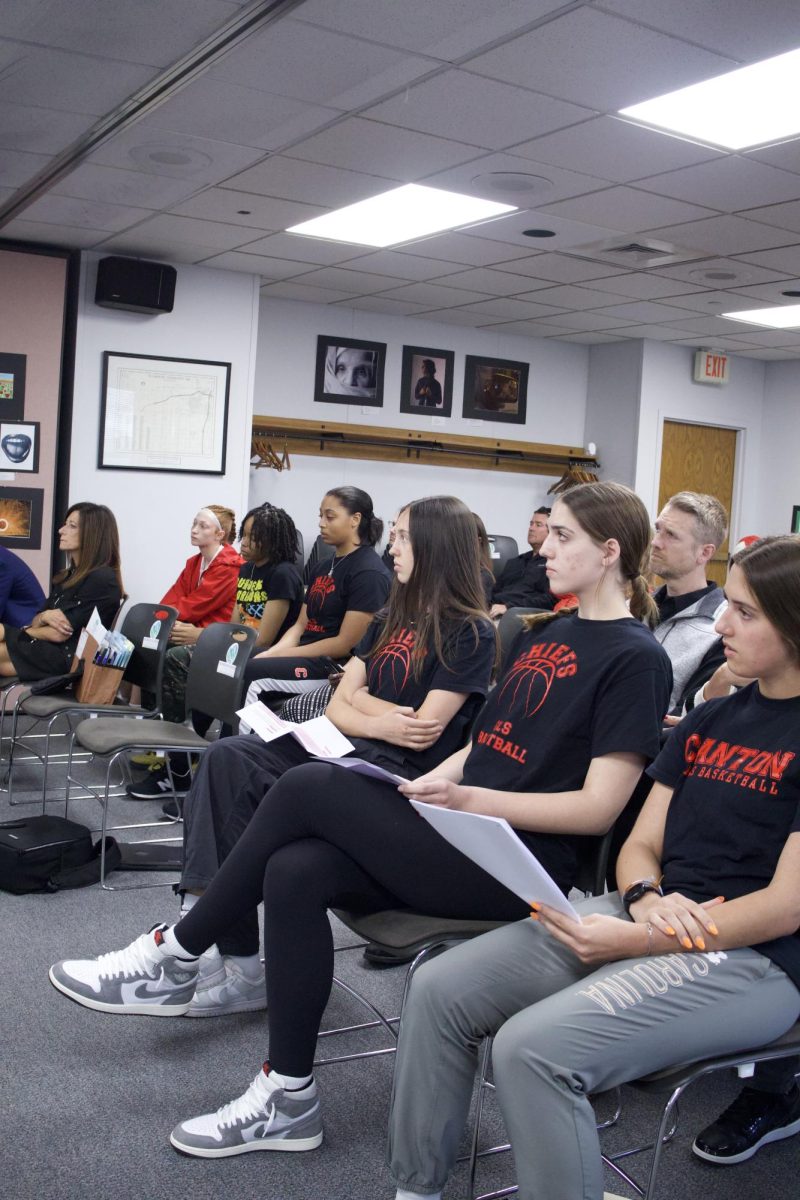

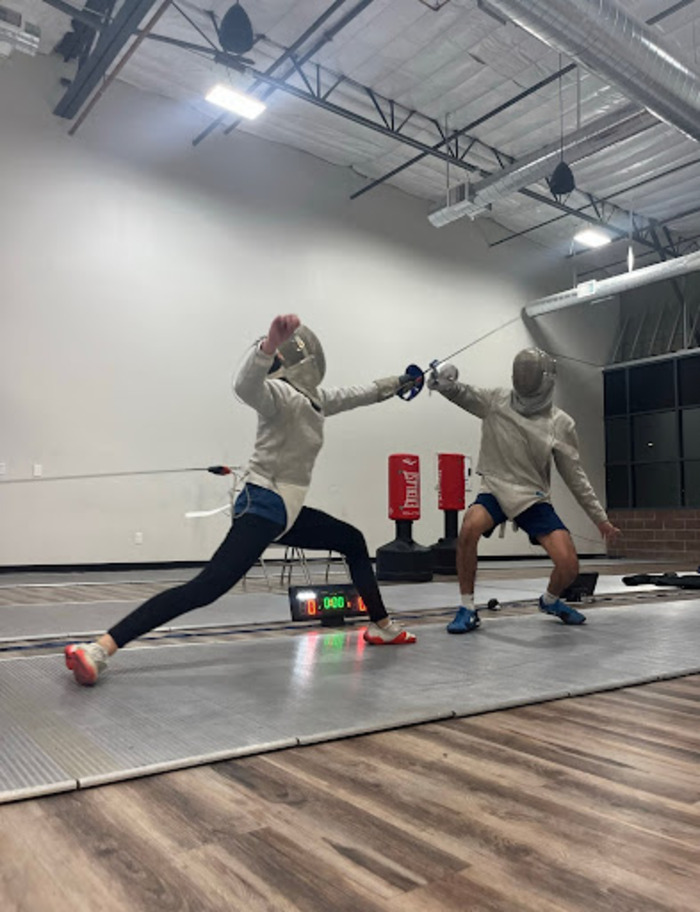
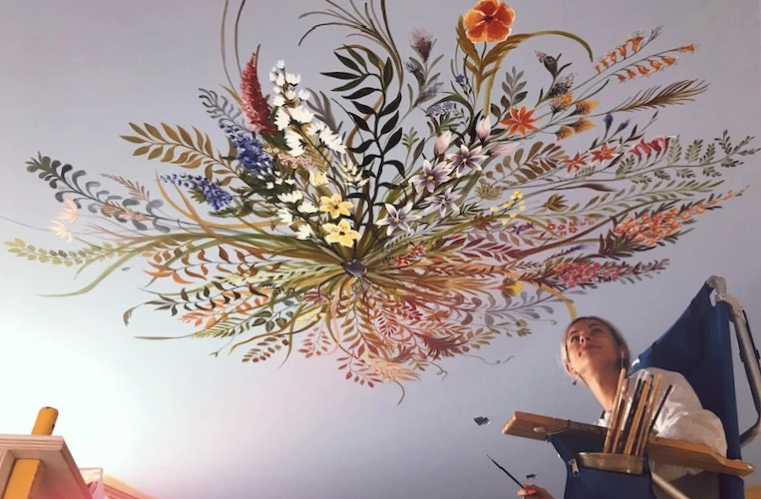
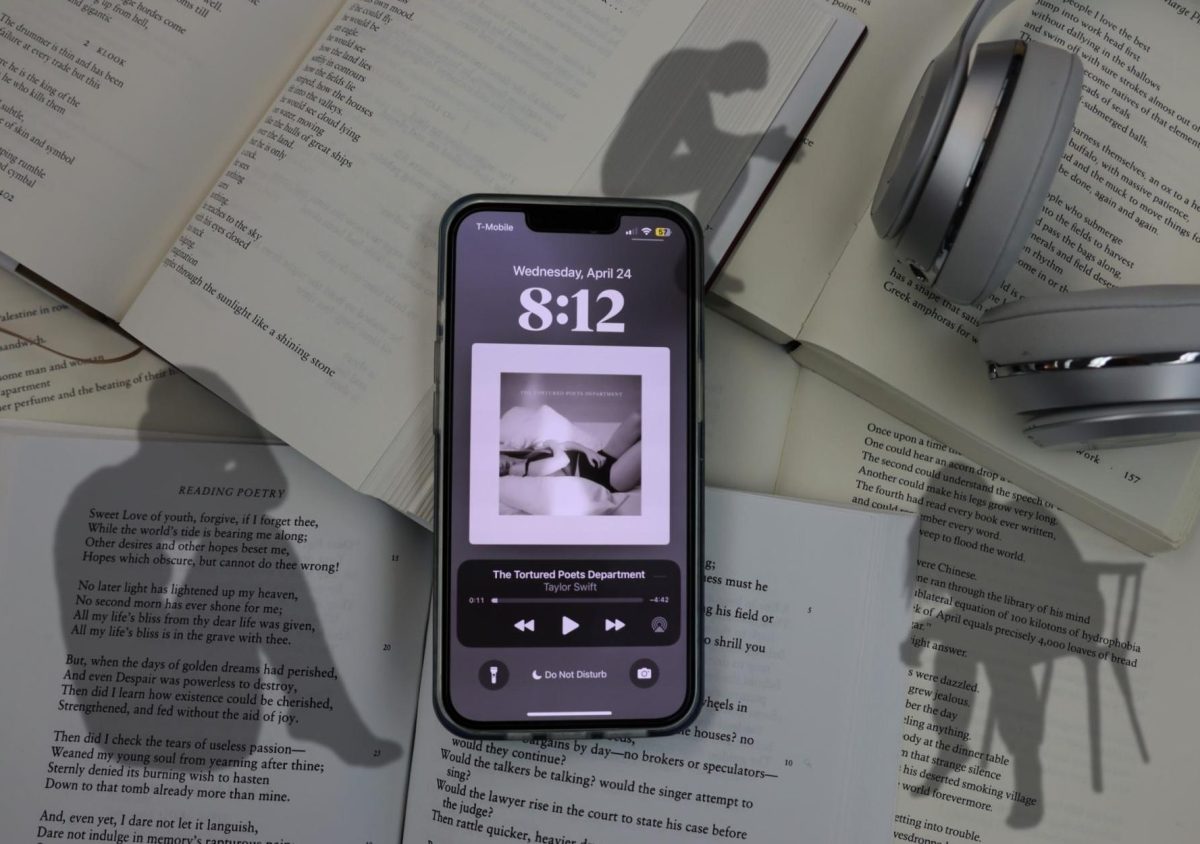
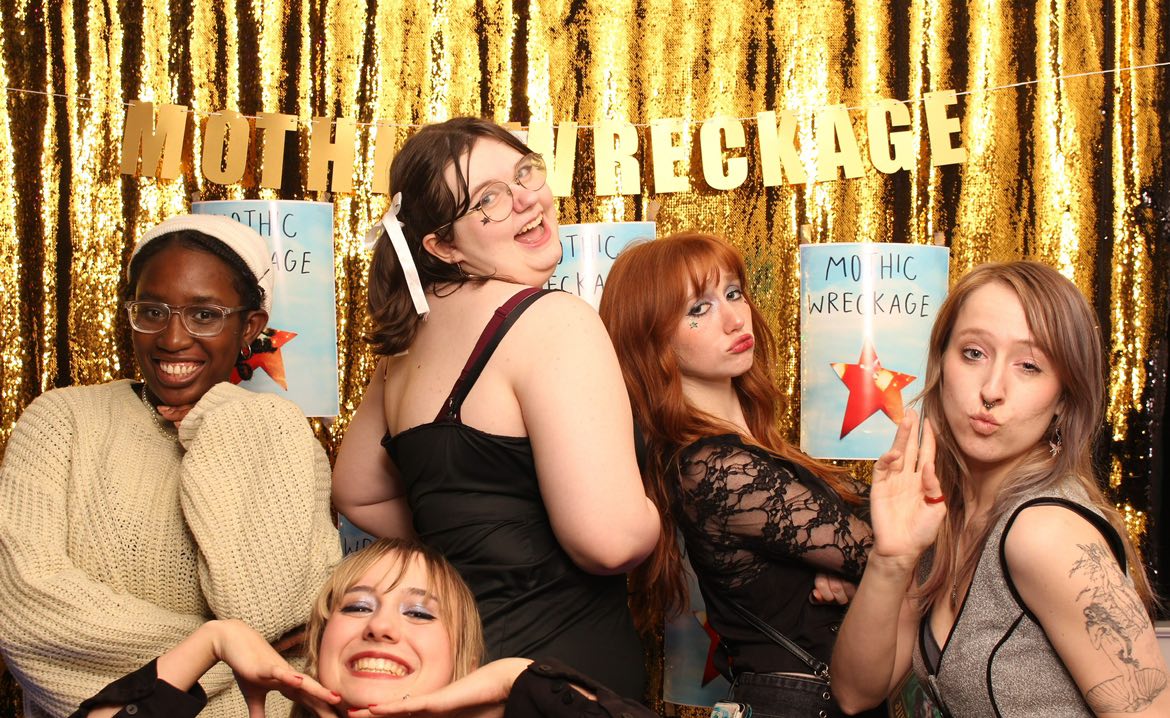













![IN THE SPOTLIGHT: Junior Zalie Mann performs “I Love to Cry at Weddings,” an ensemble piece from the fall musical Sweet Charity, to prospective students during the Fine Arts Showcase on Wednesday, Nov. 8. The showcase is a compilation of performances and demonstrations from each fine arts strand offered at McCallum. This show is put on so that prospective students can see if they are interested in joining an academy or major.
Sweet Charity originally ran the weekends of Sept. 28 and Oct. 8, but made a comeback for the Fine Arts Showcase.
“[Being at the front in the spotlight] is my favorite part of the whole dance, so I was super happy to be on stage performing and smiling at the audience,” Mann said.
Mann performed in both the musical theatre performance and dance excerpt “Ethereal,” a contemporary piece choreographed by the new dance director Terrance Carson, in the showcase. With also being a dance ambassador, Mann got to talk about what MAC dance is, her experience and answer any questions the aspiring arts majors and their parents may have.
Caption by Maya Tackett.](https://bestofsno.com/wp-content/uploads/2024/02/53321803427_47cd17fe70_o-1-1200x800.jpg)
![SPREADING THE JOY: Sophomore Chim Becker poses with sophomores Cozbi Sims and Lou Davidson while manning a table at the Hispanic Heritage treat day during lunch of Sept 28. Becker is a part of the students of color alliance, who put together the activity to raise money for their club.
“It [the stand] was really fun because McCallum has a lot of latino kids,” Becker said. “And I think it was nice that I could share the stuff that I usually just have at home with people who have never tried it before.”
Becker recognizes the importance of celebrating Hispanic heritage at Mac.
“I think its important to celebrate,” Becker said. “Because our culture is awesome and super cool, and everybody should be able to learn about other cultures of the world.”
Caption by JoJo Barnard.](https://bestofsno.com/wp-content/uploads/2024/01/53221601352_4127a81c41_o-1200x675.jpg)





